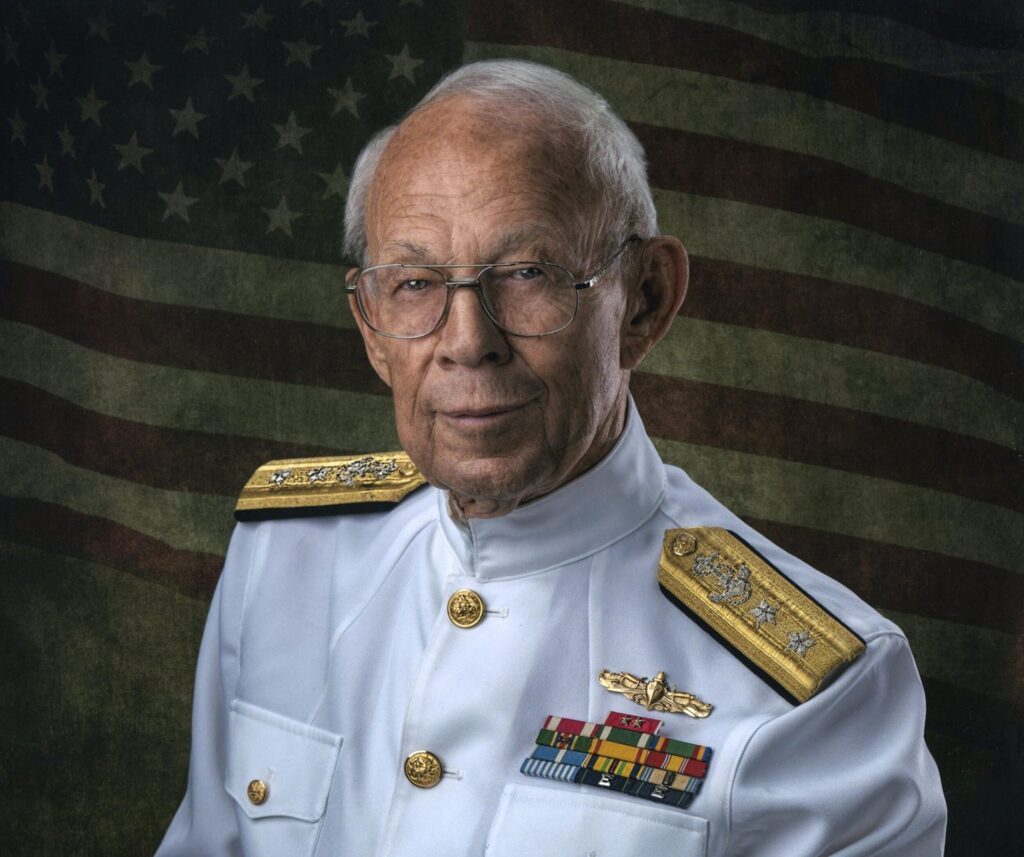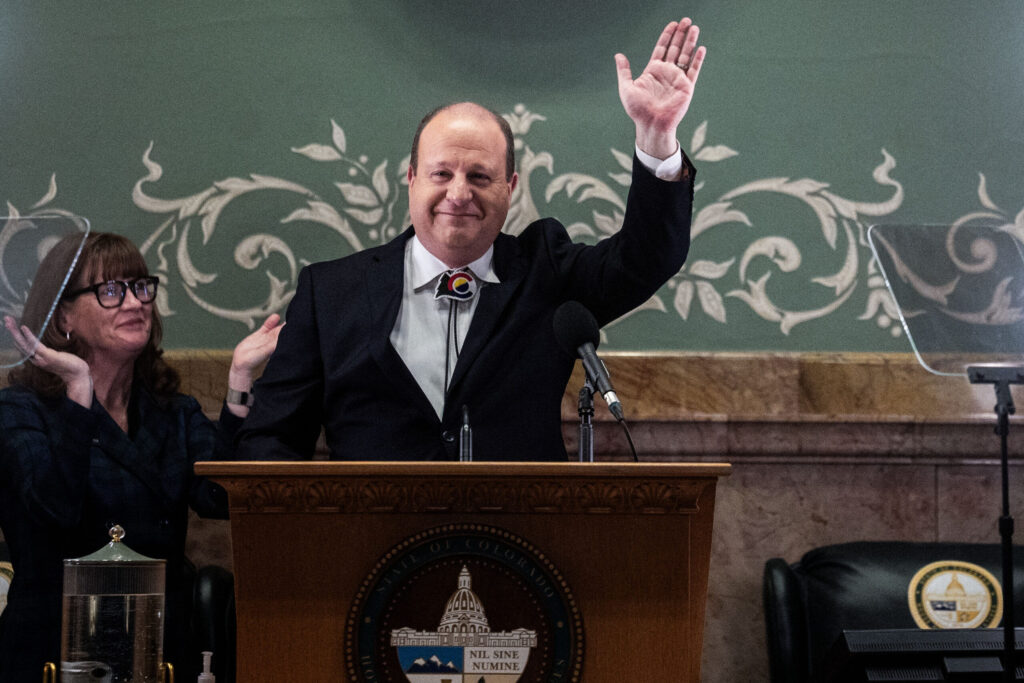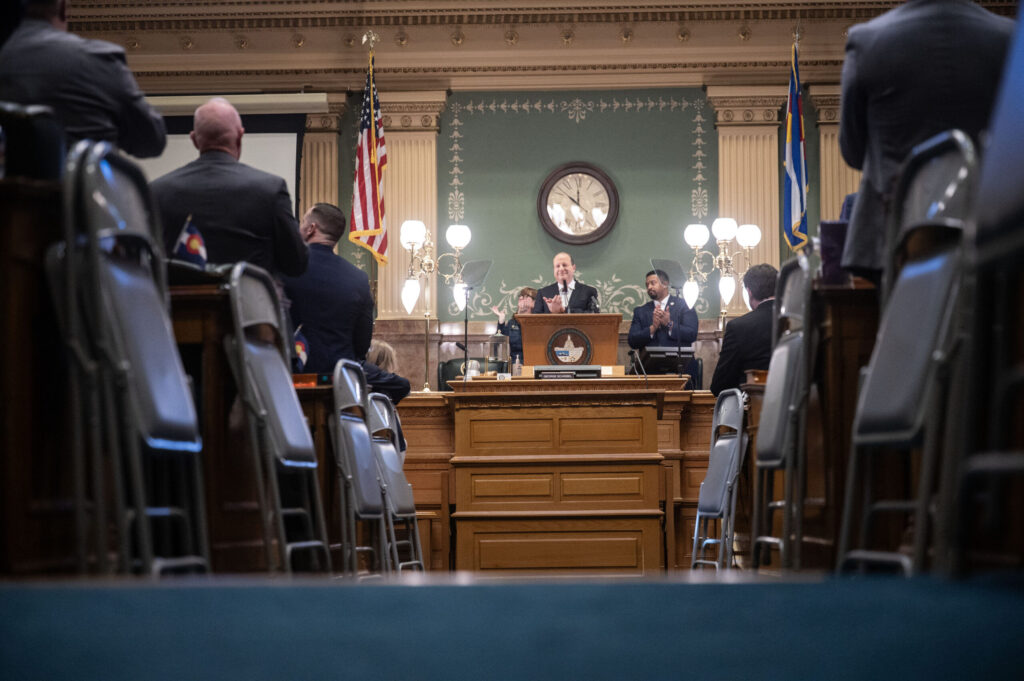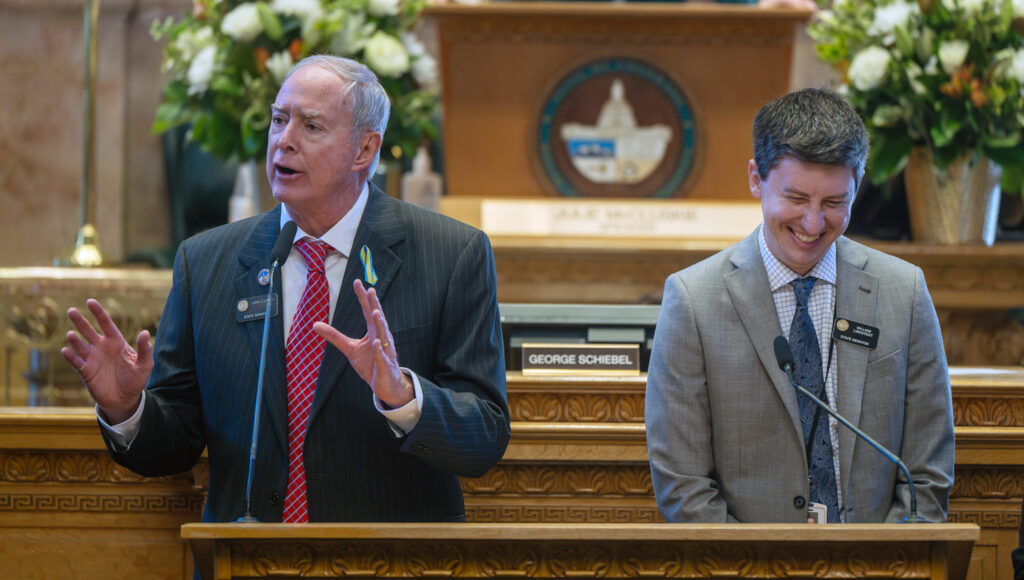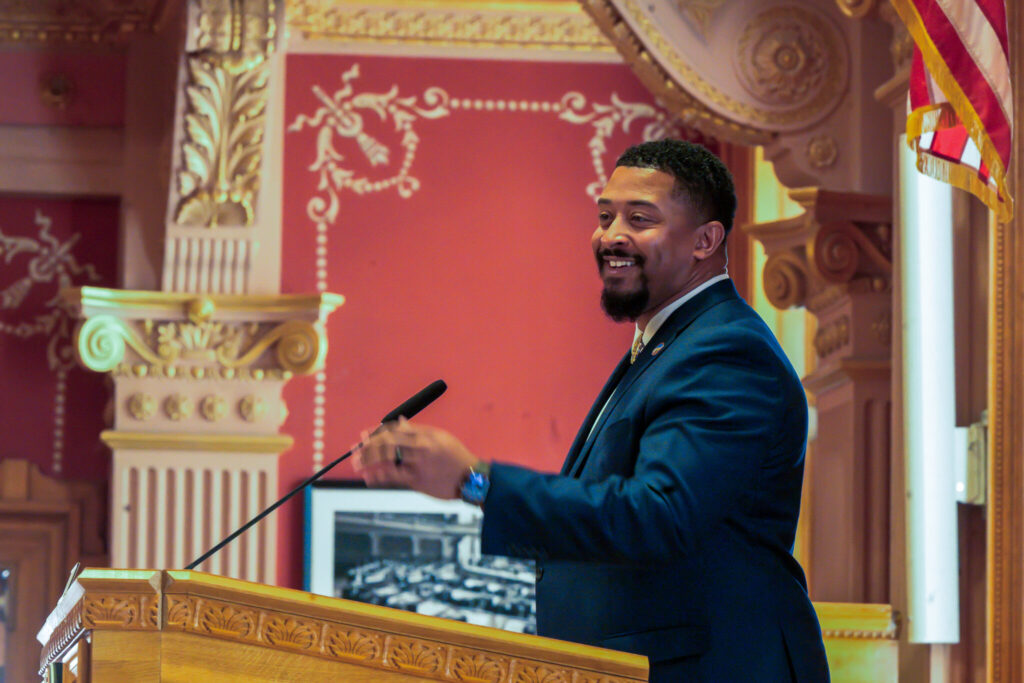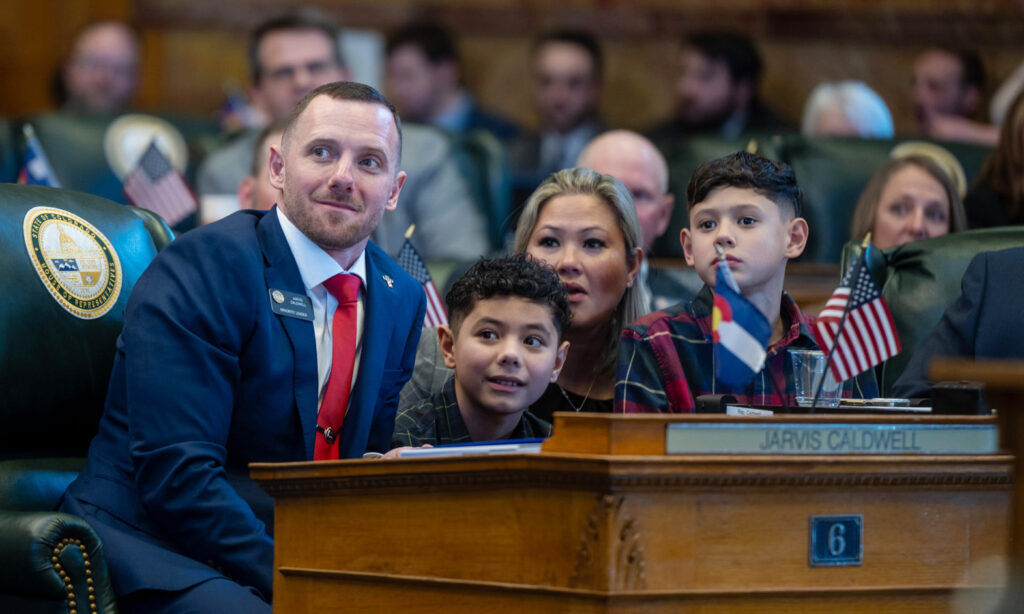Other Hats Q&A | Assistant Minority Leader Ty Winter talks running a funeral home and the family ranch
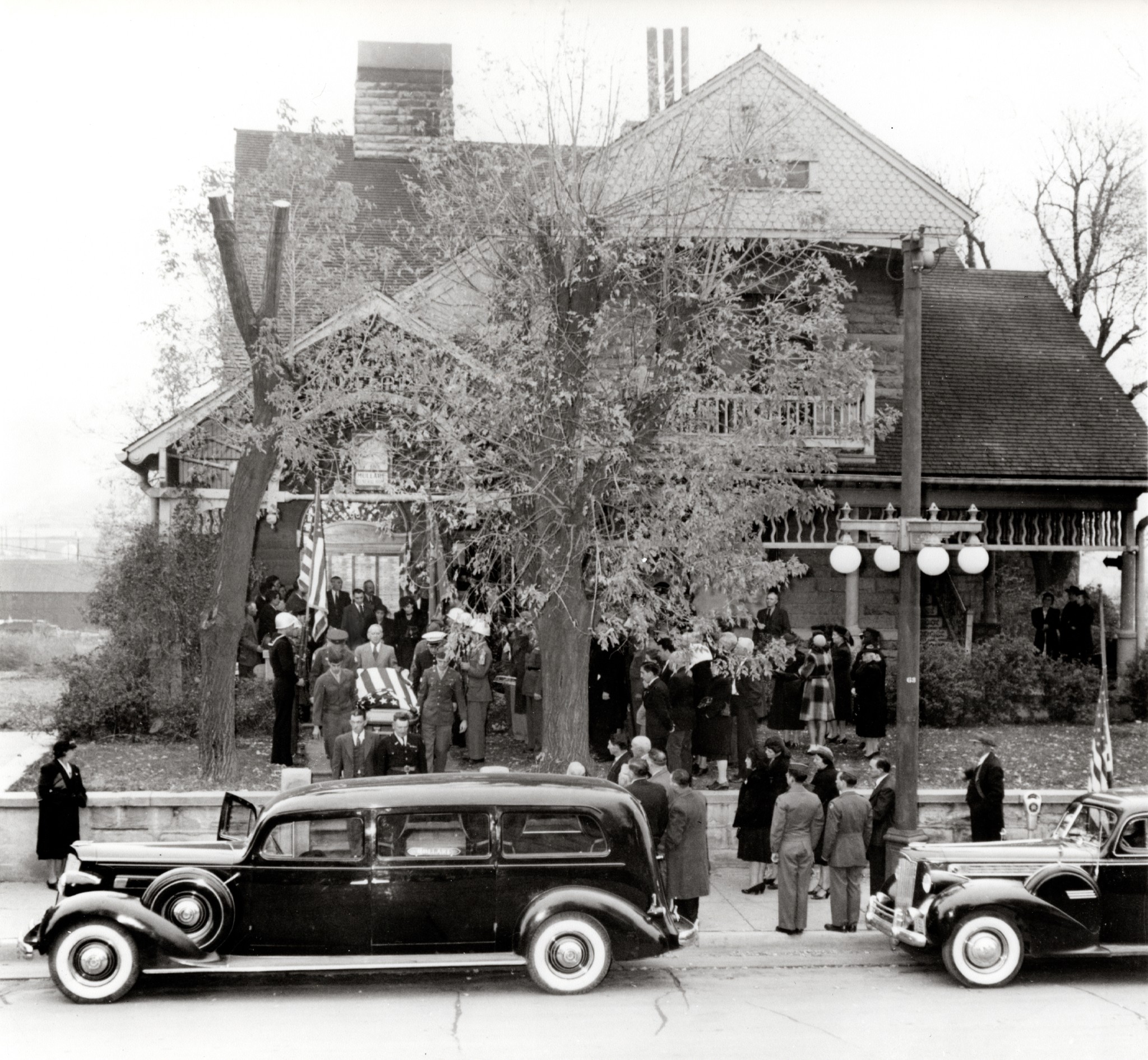
Welcome to the first installment of the new Colorado Politics series, “Other Hats,” where we explore what state lawmakers do for a living when the legislature is not in session.
Note: some responses have been edited for clarity.
Assistant Minority Leader Ty Winter, R-Trinidad, operates his family’s third-generation funeral home and helps his brother with their fourth-generation ranch just outside Trinidad. Before his election to the state House, he served as chairman of the Las Animas County Republican Party. He was elected Assistant Minority Leader during the 2024 session.
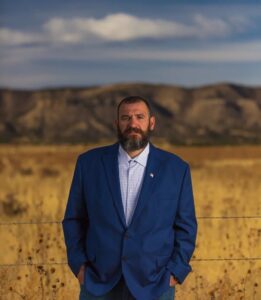
Winter’s grandfather lost his mother as a child and was taken in by the Mullare family, who owned the Mullare-Murphy funeral home. According to Winter, his grandfather started working at the house when he was about 13, and when the Mullares passed away, he and his wife took over and raised their family there. In the 1980s, Winter’s grandfather became ill and stepped away from the business. Still, community members asked him to return, so when he recovered in the late 1980s, he reopened the company with his daughter, Winter’s mother.
Colorado Politics: How did you get involved in the family business?
Ty Winter: I went to school to be a secondary English teacher and coach football; that was my passion out of school, but as I started student teaching, I realized that there were other things I wanted to do. So I was a state-certified wastewater operator and a collections operator for about 10 years, and around 2009, my mom needed help at the funeral home. I was looking to do something different at the time, so I ended up there, and I’ve been there for over 15 years. We brought my wife into the fold about four years ago, and it’s been an honor to serve our people. We’ve been at this a long time, and it’s a business, but it’s more of a ministry. Our community is so small, so I’m either burying my friends or my friends’ parents or grandparents. It’s such a close community, and we really pride ourselves on being able to help families in their time of need.
CP: What did your coworkers think when you decided to run for office?
Winter: We have about 15 to 20 employees, and they’ve all been supportive of me. They understand that there’s times that I have to miss funerals and times that I can’t be in the office, and they all say, ‘we appreciate what you’re doing; be our voice, and as long as you cover our back, we’ll cover your back at home,’ so they’ve all been very supportive. I’m grateful for all of them, because it takes everybody to run a business, but it really takes everybody to run a business and be a state legislator at the same time. My wife and my mom are my rock — without them, it would be almost impossible to be in the legislature. They pick up all the slack when I’m gone, not only with the business, but with my daughters. My wife’s a rockstar. I don’t know how she holds it all together, but she’s a strong woman, and I’m grateful for her.
CP: What skills have you gained from your job that you’ve been able to bring with you to the Capitol?
Winter: First and foremost is the skill of compassion. At a funeral home, we deal with everybody’s worst day, every day. As a legislator, I try to be a true servant leader and really represent my people and what they would want. A lot of politicians represent people in the way they think they should be represented instead of the way they want to be. I’ve also brought a lot of business skills to the legislature; I am the bookkeeper at the funeral home so I handle all the billing and the tasks that it takes to keep a business running every day. Funeral homes are a customer service business, so it’s really similar to politics — there’s a lot of conflict resolution, because unfortunately, when people pass away, a lot of times money is an issue, so you really have to be somebody that can resolve conflict and have calmer heads prevail.
CP: How does your job impact the legislation you introduce and your positions on certain issues?
Winter: Growing up on the ranch, we were expected to go out and work from the time we were kids. I learned so many life lessons; it’s a different type of education when you work with your hands like that, so that’s really important to me when it comes to legislation. When it comes to the funeral home legislation, I took the 21C (a rule requiring lawmakers to abstain from voting on bills for which they have a personal or financial interest); I really tried to step out of that. I didn’t want people to think I was weighing in either way, but I did give input. I talked to everybody that was involved and they asked me questions about how this will affect funeral directors, and I was willing to give my input. It’s such a niche business; when I run legislation that has to do with farms and ranches, that’s my whole district for the most part. But funeral home legislation is really niche, and it’s a touchy business, so I wanted people to know that I wouldn’t play politics with something as important as the loss of a family member. I tried to give some input when asked, but I didn’t want to put my thumb in it too much.
CP: How do you balance your jobs with your legislative duties?
Winter: I have a 10-year-old and a 17-year-old daughter and it’s been a task to juggle all of their events at school and running a business full-time and trying to legislate; it’s a lot to weave together, and the first year was really tough, but now it seems like I’ve got my sea legs under me and I’m able to function a lot better and be able to get a lot more done on all fronts now that I’ve been through it a couple of times. You have to have a solid relationship with your spouse, because it’s taxing, especially for somebody like me who lives away from home for almost 120 days. I think it’s also about knowing your schedule; the first year I was just all over the place and tried to go to everything, but I realized that I can’t be at everything, so I’ve learned to do a better job of scheduling — I try to schedule almost all of my stuff in the late afternoon or early evening because I have the largest house district in the state. There’s only like two city centers in my district that I can be at within 30 minutes; everything else is an hour to three hours away. So I think scheduling is important, and just making sure that you have that strong foundation of people that are willing to help you.





